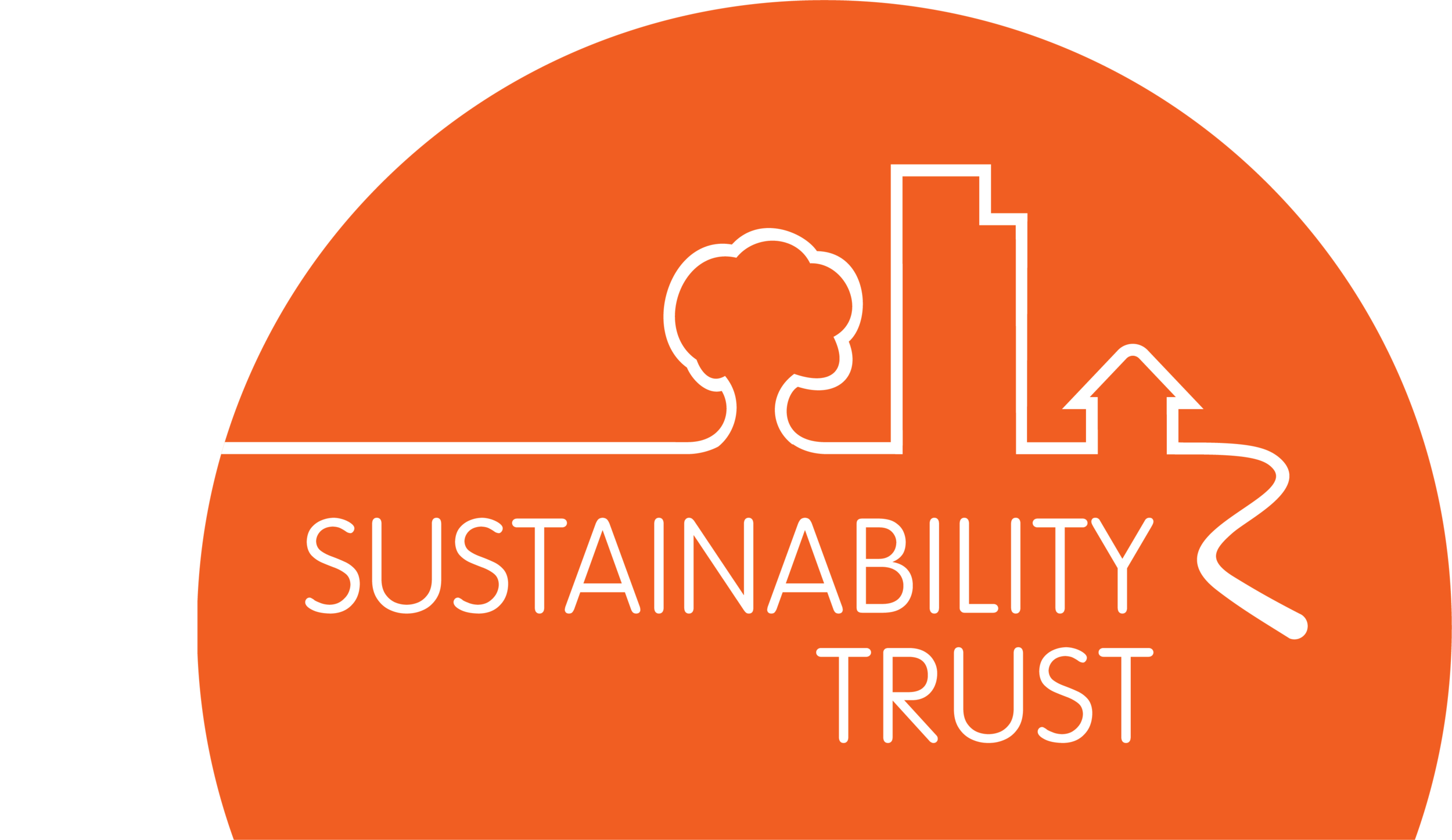What you can do for environment right now
Published 25 September 2017
What you can do for Papatūānuku
With a clear election result a couple of weeks away, we don’t yet know what the next government will be doing for environment. So it seems a good time to talk about ways you can do your bit to care for your environment right now – regardless of who ends up in power.
Shop better. Buy local, buy ethical, and with the environment in mind. From small changes like buying a KeepCup to stop those takeaway cups heading to landfill, to big changes like investing in an electric car which will reduce your carbon footprint while getting from A to B.
Think about how you’re getting from A to B. Could you be greener in your transport? Could you walk or bike once a week? Not sold on tackling Wellington’s hills and wind? Ditch the gym membership and buy an electric bike to ease the pain? Could you catch public transport instead of taking the car? Think about what’s possible and set a realistic goal for yourself to start changing habits.
Organise or take part in local community action. Get along to the next beach clean-up or tree planting day, sign up to be a part of the Predator Free Wellington movement, or get involved in changing Wellingtonians’ plastic bag habits with Boomerang Bags.
Get into the garden! Plant the right stuff to bring back birds and bees, get a vegetable patch started, set up a compost and worm farm to take care of all your organic waste. Teach the kids as you go, so they understand why it’s important – then give them a job to do.
Rally your local council. Local and regional councils play a very large role in taking care of our environment – from managing our waste and water to maintaining or restoring forests and parks. Find out what their policies and plans are on issues that matters to you. Don’t think they’re good enough? Take part in public consultations and demand improvement, start a petition, write letters and keep asking questions.
Go vegetarian or vegan. If you’re worried about the impact the meat and dairy industry are having on our environment, put your money where your mouth is and cut it out of your diet. Like it too much? Cut it out two days a week.
Support the Zero Carbon Act. Now’s a great time to write to all those that have made it into Parliament with congratulations, and send good luck letters to all those waiting to see if they made the cut or not. Let them know that whatever happens in the next two weeks, you want a MPs to support the Zero Carbon Act. A pragmatic approach to slowing climate change for the benefit of all, regardless of party affiliation.
Check your own home’s energy efficiency. Book an in-depth two-hour home energy assessment, or if you’ve already had one, get started on your action plan! Change lightbulbs, get proper curtains, block draughts, top up your insulation. Check the energy efficiency of your appliances – is it time for an upgrade, or could you make better use of what you’ve got, for example by putting a timer on it?
Look at your waste footprint. Both at home and at work, are you doing everything you can to reduce the amount of waste that goes to landfill? The best way to do it is not producing it in the first place (take a good look at packaging for example), and then look at where it’s going if you have to use it. Could it be recycled, reused or composted? If it’s your workplace systems you’re worried about, talk to your bosses about what they could do better to support its employees to reduce their waste.
Get educated. Knowledge is power. What’s important to you? For example, as a country, do you know how we’re going on rivers, on our carbon emissions, on the waste we’re producing? What are some better ways to do it? Arm yourself with information so you can be an advocate for the environment in your everyday life, not just every three years at election time.
As a very wise woman once said: “Never doubt that a small group of thoughtful, committed citizens can change the world; indeed, it’s the only thing that ever has.”
